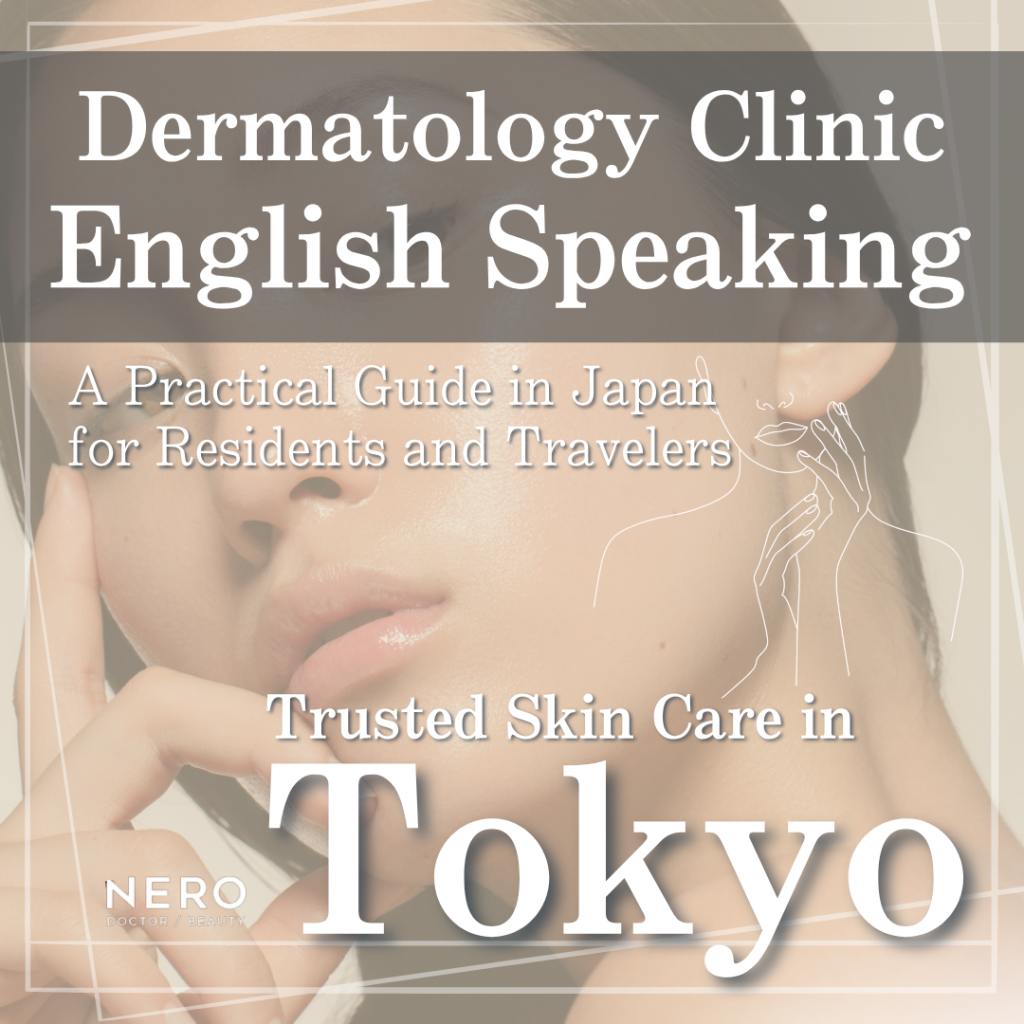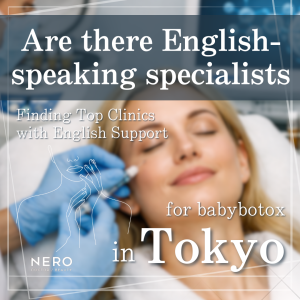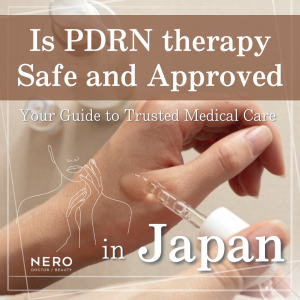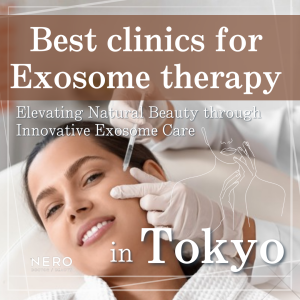
Skin concerns rarely wait for perfect timing.
If you are visiting Tokyo, navigating treatment can feel difficult when language becomes a barrier.
The good news is that Tokyo hosts excellent clinics with board-certified dermatologists who consult fluently in English.
Whether you need rapid relief for a sudden rash, long-term acne management, or a mole check, an English-speaking dermatology clinic helps you receive precise diagnoses and clear aftercare.
This guide shows how to find and choose an English-speaking dermatology clinic in Tokyo.
You’ll also learn how clinics handle consent forms and Before & After photos.
Use this guide to compare clinics easily and get the right care quickly.
INDEX
What to Look For in an English-Speaking Dermatology Clinic
 Prioritize medical expertise and clear communication.
Prioritize medical expertise and clear communication.
A high-quality clinic has strong credentials with systems that make English speaking care seamless for international patients.
- Board-certified dermatologists (e.g., Japanese Dermatological Association) and experience with international patients.
- Bilingual reception and nursing teams, plus English forms and treatment summaries.
- Transparent price lists, written aftercare, and realistic outcomes for every plan.
- Convenient access near major stations such as Shinjuku, Shibuya, or Roppongi.
- Online booking, same-day slots for urgent issues, and teledermatology for follow-ups.
- Evidence-based tools like dermoscopy, patch testing, and sterile procedural protocols.
- Strong privacy policy including how clinical images and any Before & After material are stored and used.
Services You Can Expect
Most Tokyo clinics blend medical and cosmetic dermatology.
Doctors follow medical guidelines to treat skin conditions and also offer aesthetic options tailored to your goals, skin type, and lifestyle.
Medical Dermatology
- Acne, eczema (atopic dermatitis), psoriasis, rosacea, and hives (urticaria).
- Fungal infections, warts treated with cryotherapy, bacterial infections, and shingles.
- Mole and spot checks, dermoscopy, skin cancer screening, and referrals for biopsy or excision.
- Hair loss evaluation (androgenetic alopecia) and scalp disorders.
- Pediatric dermatology and allergy testing, including patch tests.
Cosmetic Dermatology
- Laser and IPL treatments for pigmentation, redness, and broken capillaries.
- Chemical peels and medical facials to improve skin texture and tone.
- Microneedling or RF microneedling for scar reduction and skin rejuvenation.
- Botox and dermal fillers to smooth wrinkles and restore volume.
- Scar revision and specialized acne scar treatment programs.
- Melasma and hyperpigmentation care with sun protection counseling.
Appointments, Communication, and Documents

Search online using keywords like “dermatology clinic English speaking Japan Tokyo” to find suitable clinics.
You can usually book through the website or by phone. Many clinics offer Saturday hours or even same-day appointments.
To make your consultation smooth and efficient, prepare the following in advance:
- ID and insurance: bring your passport or ID, and your Japanese National Health Insurance card or travel insurance details.
- Medical background: list your current medications, allergies, and any relevant medical history.
- Symptoms: note when they started, what triggers them, and any past treatments. Bring clear photos taken in good lighting.
- Cosmetic goals: prepare reference photos and ask about expected results, recovery time, and how before-and-after progress will be tracked.
If needed, request an interpreter or a written doctor’s note in English after your visit.
During the consultation, describe your symptoms clearly, mention how long they’ve lasted, and confirm your treatment plan in writing.
Ask about follow-up timing, warning signs, and what results you can expect at each stage.
Costs, Insurance, and Payment in Japan
Under Japan’s National Health Insurance (NHI), medical skin treatments are partly covered.
However, cosmetic procedures are generally not covered by insurance and must be paid in full out of pocket.
Fees vary depending on the clinic.
Ask for a written estimate and an itemized receipt if you need it for reimbursement.
Most clinics take major credit cards, but small payments may need to be in cash.
Consumption tax is added to cosmetic treatments.
Also, confirm the clinic’s cancellation and deposit rules for longer procedures.
Hospitals vs. Private Clinics in Tokyo

University hospitals treat serious cases, rare diseases, and patients who need to stay in the hospital.
However, waiting times can be long, and you may need a referral. Private clinics are easier to access, have shorter visits, and let you see the same dermatologist each time.
For severe allergic reactions, fast-spreading infections, or burns, go to the emergency department first.
Ethics, Consent, and Before & After Photos
Reputable clinics only capture images with informed consent.
If Before & After photos are used for consultation, training, or websites, your identity should be protected through framing or masking.
You can decline photography, limit usage to your record, or request deletion per policy.
Results vary by individual; ethical clinics avoid overpromising and provide maintenance plans to sustain outcomes.
Conclusion
Tokyo has excellent skin care, if you know where to look.
Choose clinics with English-speaking doctors, clear prices, and honest rules about Before & After photos.
Bring the right papers, ask clear questions, and make sure your plan matches your goals.
With these steps, you can get safe and effective treatment at an English-speaking dermatology clinic in Tokyo.
| ・This website provides general knowledge about aesthetic medicine from a neutral perspective as much as possible. Please note that the information is not intended to encourage self-diagnosis. Be sure to check the official website of the clinic and consult each medical institution for details regarding treatment. ・This article is based on information available at the time of writing and publication. Please check the official website for the latest updates. ・If cosmetics or massage-related content is mentioned, it is not within the scope of medical supervision. |







